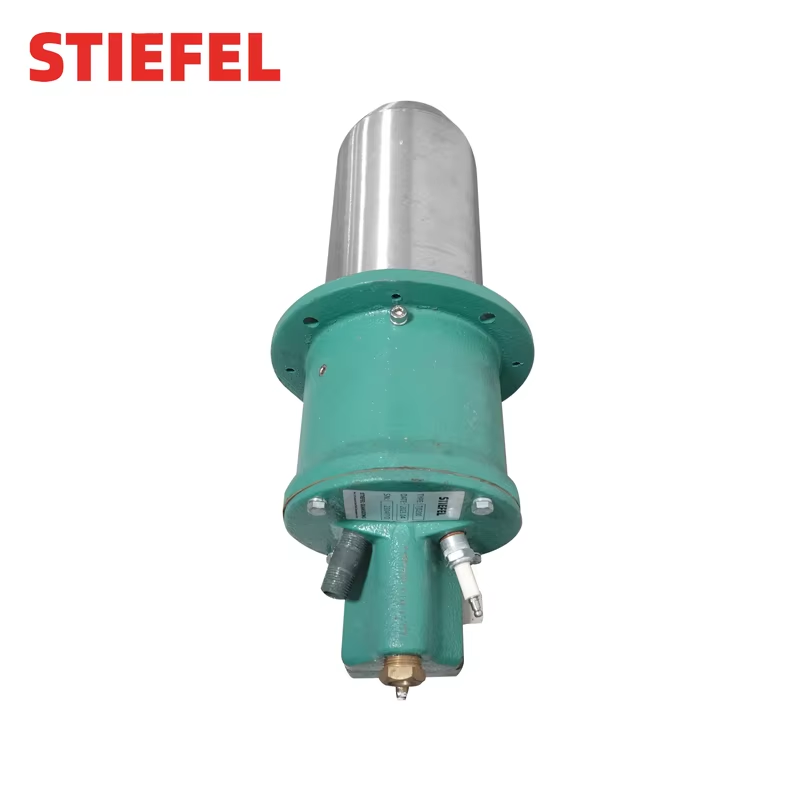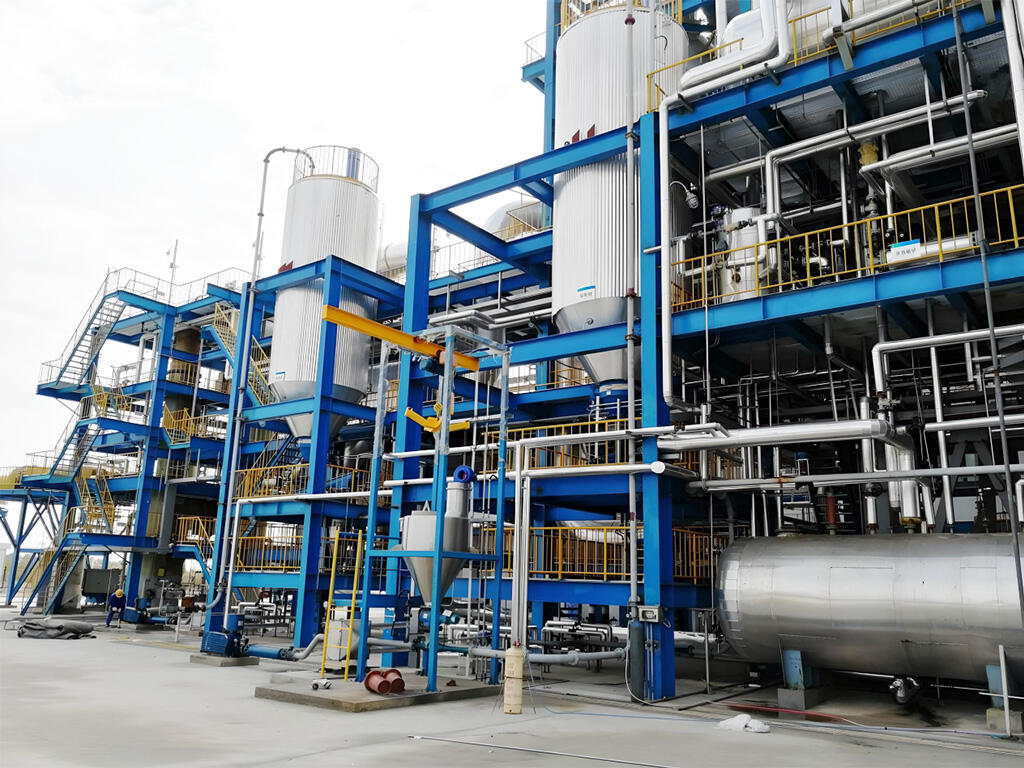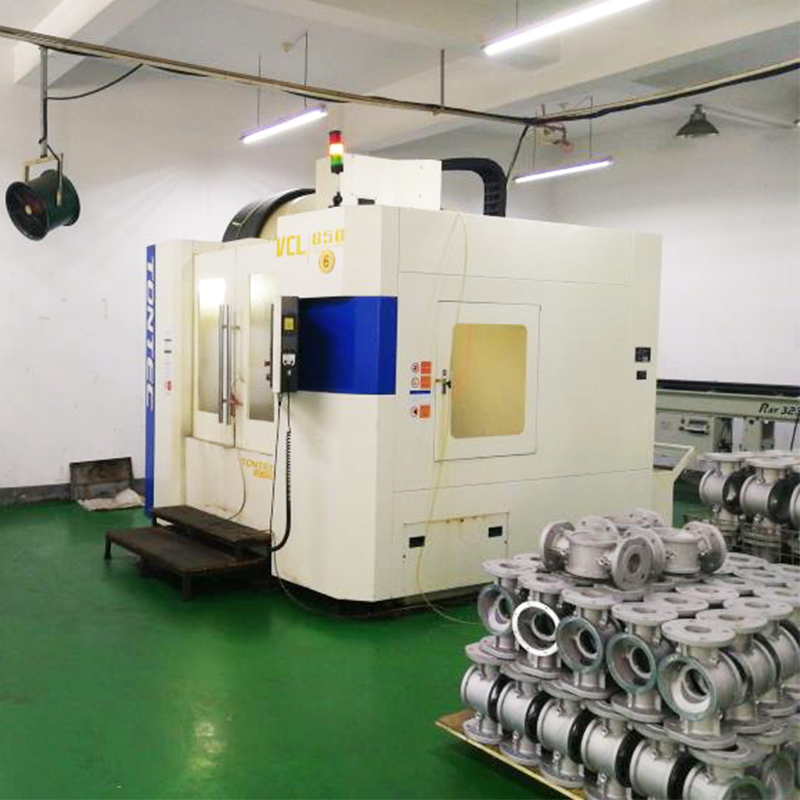How Induction Heater Technology Works
Understanding electromagnetic induction and eddy currents
Induction heating works through electromagnetic induction basically. An AC current running through a copper coil creates a magnetic field that keeps changing directions. Now when something conductive gets placed inside this field, Faraday's law kicks in and starts creating these circular electric currents called eddy currents right within the material itself. As these currents move around, they hit resistance from how the metal atoms are arranged, which turns the electricity into actual heat thanks to what we call the Joule heating effect. What makes this method special is that it doesn't need direct contact at all. Materials get heated from within without needing open flames or any outside heating devices attached to them.
The role of hysteresis and skin effect in heating efficiency
When working with ferromagnetic materials like steel, something called hysteresis losses actually makes things get hotter. The magnetic domains inside these metals keep flipping back and forth as they follow changes in the magnetic field, creating extra heat from all this internal friction. At the same time, there's another phenomenon known as the skin effect that happens especially at higher frequencies. What this does is push those pesky eddy currents closer to the metal surface rather than letting them spread throughout. This concentration lets engineers control exactly how deep into the material the effects go. For applications like surface hardening treatments, this matters a lot because we want to toughen just the outside layer without messing up the strength of what's underneath in the core of the part.
Core components of an Induction Heater system
Modern systems consist of three primary components:
- High-frequency power supply: Converts standard grid power into adjustable AC (1–100 kHz)
- Water-cooled copper coil: Produces and directs the electromagnetic field
- Workpiece positioning system: Ensures consistent alignment within the field
Closed-loop cooling maintains coil performance, while real-time temperature sensors enable ±1°C precision in advanced setups. Together, these elements support rapid heating rates exceeding 500°C/second in industrial environments.
Energy Efficiency and Environmental Benefits of Induction Heater Systems
Comparing Energy Consumption: Induction Heater vs Fossil Fuel Furnaces
Induction heater systems actually save around 40 to 50 percent on energy compared to those old gas-fired furnaces because they create heat right inside the metal being worked on. The traditional way of doing things wastes a lot of energy just heating up the furnace walls and all the surrounding air. Looking at what industry data shows, induction heating gets about 90% of its power straight into the material it needs to heat. This focused method means no more waiting for preheating cycles and less downtime overall. For companies involved in forging, this translates to real money saved over time. Some estimates put annual savings between $18 and $32 for every ton processed through these systems.
Reducing Carbon Footprint with Green Heating Technology
Induction heaters cut down on harmful stuff like carbon dioxide, nitrogen oxides, and particles when they replace old combustion systems. Some research from around 2023 showed car makers were able to slash their plant emissions by about 28 metric tons each year once they switched over to induction hardening techniques. Since these machines don't burn any fossil fuels at all, they really help companies work toward those net zero goals everyone's talking about nowadays. Plus there's this cool feature where the cooling systems actually reuse about three quarters of the water used during processing, which means even less waste going into our environment than we might expect.
Energy Recovery and Operational Savings in Industrial Applications
Regenerative power supplies in modern induction heaters recover up to 20% of energy during coil cycling. This reclaimed energy powers auxiliary equipment such as conveyors and robotics, reducing overall grid dependence. High-volume stamping plants can achieve annual savings of $120,000–$180,000 through combined reductions in electricity and gas usage.
Case Study: 40% Energy Reduction in Automotive Forging Using Induction Heater
A Tier 1 automotive supplier transitioned from resistance to induction heating for crankshaft forging, achieving:
- 42% faster cycle times (8.2 minutes → 4.7 minutes)
- 36% lower kWh per part
- $2.1M saved over three years due to reduced scrap and energy rebates
The project eliminated 1.2 million cubic feet of natural gas use annually—equivalent to removing 84 passenger vehicles from roads.
Precision, Control, and Repeatability in Induction Heater Processes
Achieving exact temperature control with closed-loop feedback systems
Modern induction heating systems can hold temperature within about 5 degrees Celsius thanks to their closed loop feedback mechanisms that tweak power levels as needed. These systems often combine infrared sensors with smart algorithm software to handle differences in what materials are being heated and their shapes, keeping temperatures stable throughout. A recent report from ASM International back in 2023 found these advanced systems cut down on temperature spikes by around two thirds compared to older open loop methods. This matters a lot when working with high performance metals used in aircraft manufacturing where even small temperature fluctuations can affect quality.
Selective and localized heating for minimal part distortion
Frequency modulation (2kHz–400kHz) allows induction heating to target specific zones with depths ranging from 0.5mm to 10mm. This spatial precision prevents warping in delicate components like fuel injectors, where conventional heating historically resulted in 12% scrap rates, based on 2024 automotive manufacturing data.
Repeatability in high-volume manufacturing environments
Automated induction stations exhibit less than 1% process variation across 100,000-cycle production runs. Solid-state power supplies ensure stable performance without electrode degradation, a common issue in resistance heating. This consistency supports long-term reliability in continuous manufacturing settings.
Data-driven process validation in aerospace component hardening
Aerospace manufacturers now require digital twins of entire induction cycles for FAA certification. One turbine blade producer achieved 99.97% microstructure uniformity by implementing IoT-enabled temperature mapping, cutting post-treatment inspection time by 80 hours monthly.
Key Industrial Applications of Induction Heater in Metalworking
Induction Heater for Forging: Faster Cycle Times and Uniform Heating
Induction heating enables 23% faster cycle times in forging compared to gas furnaces (Manufacturing Efficiency Report 2023). Electromagnetic fields deliver even temperature distribution across complex shapes, preventing cold spots that lead to defects. This consistency reduces post-processing needs by 15–30% in shaft and gear blank production.
Surface Hardening and Tempering with Precise Depth Control
Induction systems achieve surface hardening with depth accuracy within ±0.1 mm, vital for components like camshafts and hydraulic rods. A 2024 Thermal Processing Study found a 18% improvement in case hardness over oven treatments, thanks to focused heat delivery that minimizes energy waste.
Annealing and Stress Relieving Without Oxidation
Conducted in inert atmospheres, induction annealing preserves surface integrity in copper busbars and stainless steel parts. It offers 40% faster cooling rate control versus batch furnaces, enabling inline processing of wire and tubing with â±0.02% surface decarburization.
Brazing Dissimilar Metals with Clean, Flux-Free Joints
Improved coil designs now allow reliable brazing of aluminum-to-steel joints with 99.9% filler utilization. The 2024 Joint Integrity Analysis shows a 62% reduction in thermal stress when joining EV battery components, making it superior to torch brazing.
Trend Analysis: Rising Adoption in EV Powertrain Component Manufacturing
EV motor manufacturers report a 140% year-over-year increase in induction heater adoption for rotor brazing and stator annealing. These systems support production rates exceeding 850 units/hour while meeting ISO 16949 cleanliness standards for electric drivetrains.
Safety, Sustainability, and Operational Advantages Over Traditional Heating Methods
Eliminating open flames, fumes, and UV radiation hazards
Induction heaters eliminate combustion risks by using electromagnetic fields instead of open flames or resistive elements. This removes exposure to toxic fumes, UV radiation, and fire hazards—particularly beneficial in aerospace and chemical processing environments. Facilities using induction report 60% fewer thermal safety incidents compared to gas-based systems.
Reduced workplace noise and thermal load
Without combustion fans, exhaust blowers, or gas jets, induction systems operate below 75 dB—comparable to normal conversation. By concentrating heat within the workpiece, they reduce radiant heat in the workspace by 40–60% (OSHA Technical Manual 2023), lowering operator heat stress and improving comfort.
Compliance with OSHA and environmental safety standards
Modern induction systems meet NFPA 70E arc flash safety requirements and EPA air quality regulations through zero-emission operation. Automated temperature logging provides traceable records for ISO 14001 compliance, while integrated coolant monitoring prevents overheating and electrical faults.
Total cost of ownership: maintenance, labor, and downtime factors
A 2024 lifecycle analysis shows induction heating systems have 35% lower operational costs over ten years compared to gas furnaces, driven by:
- 90% lower maintenance (no burner cleaning or refractory replacement)
- 50% faster changeovers between production runs
- 22% energy savings from high-efficiency power conversion
Industry paradox: Why some sectors still resist Induction Heater adoption
Despite proven ROI and sustainability benefits, 28% of manufacturers cite high initial investment and retraining needs as barriers (FMA 2023). However, payback periods in high-volume operations typically fall under 18 months, and government sustainability incentives often offset capital costs, accelerating adoption.
FAQs
What is induction heating and how does it work?
Induction heating works by passing an alternating current through a copper coil to create a magnetic field. When a conductive material is placed in this field, eddy currents are generated within the material, causing it to heat up due to resistance. This method heats the material without direct contact or open flames.
What are the energy efficiency benefits of induction heaters?
Induction heaters are highly energy efficient, converting about 90% of energy directly into the material, which leads to energy savings of 40-50% compared to traditional gas-fired furnaces. They minimize energy waste and reduce preheating cycles, resulting in significant cost savings.
Are induction heaters environmentally friendly?
Yes, induction heaters significantly reduce carbon emissions since they do not burn fossil fuels. They also utilize closed-loop systems that reuse about 75% of water, further reducing environmental impact.
What kinds of savings can companies expect from using induction heaters?
Companies can save between $18 and $32 for every ton processed through induction systems, with additional savings from energy recovery systems. High-volume plants can save thousands annually on energy costs.
What industries benefit from induction heating?
Induction heating is widely used in automotive, aerospace, and metalworking industries due to its precision, control, and efficiency. It supports applications such as forging, surface hardening, and brazing of metals.
Table of Contents
- How Induction Heater Technology Works
- Energy Efficiency and Environmental Benefits of Induction Heater Systems
- Precision, Control, and Repeatability in Induction Heater Processes
-
Key Industrial Applications of Induction Heater in Metalworking
- Induction Heater for Forging: Faster Cycle Times and Uniform Heating
- Surface Hardening and Tempering with Precise Depth Control
- Annealing and Stress Relieving Without Oxidation
- Brazing Dissimilar Metals with Clean, Flux-Free Joints
- Trend Analysis: Rising Adoption in EV Powertrain Component Manufacturing
- Safety, Sustainability, and Operational Advantages Over Traditional Heating Methods
- FAQs



